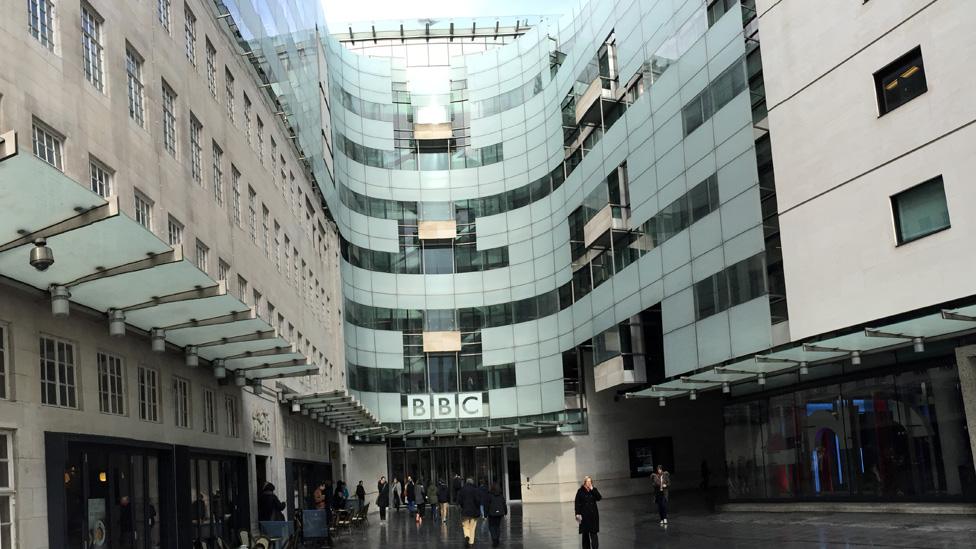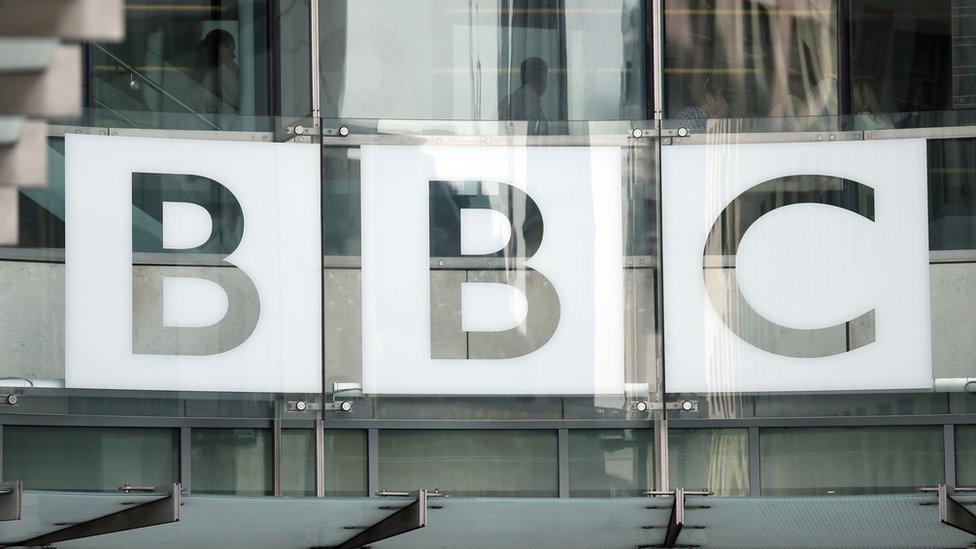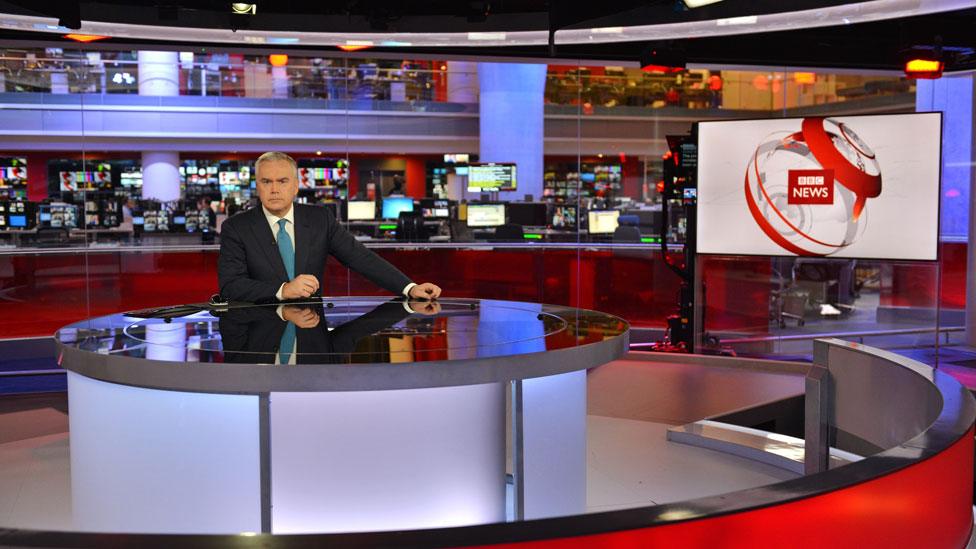Row over BBC scheduling 'meddling'
- Published

BBC One's The Night Manager proved a huge Sunday night draw for viewers earlier this year
Labour has accused Culture Secretary John Whittingdale of "meddling" after reports he will allow commercial broadcasters to challenge the BBC over peak-time scheduling.
Shadow culture secretary Maria Eagle called the rumoured plans "unacceptable interference".
A BBC source said it would be odd to make it harder for people to watch programmes they had paid for.
The government denied it intended to determine the scheduling of programmes.
Details are expected in this month's White Paper on BBC Charter renewal.
'External regulation'
A number of Sunday newspapers carry reports suggesting the BBC will be called upon to defend its scheduling where rivals are unfavourably impacted.
A government source told the Sunday Times, external the White Paper was intended to "set a broad set of principles and guidelines".
"How that is applied to individual programmes and scheduling is a matter for them. But they will be subject to external regulation."

In the past, ITV has complained about the scheduling overlap between Strictly Come Dancing and its own hit, X Factor.
It could see the BBC forced to move popular shows such as Strictly Come Dancing, or the recent BBC One hit The Night Manager, from peak-time slots on a Saturday or Sunday night - ending the traditional ratings wars.
In the past ITV has criticised the BBC for "aggressive scheduling" citing, among others, the conflict between The X Factor and Strictly Come Dancing.
'Interfering'
Mr Whittingdale has previously expressed concerns about the BBC's flagship News at Ten bulletin being broadcast at the same time as ITV's.
Ms Eagle said: "John Whittingdale is behaving as if he were running the BBC - he is not.
"This kind of meddling in day-to-day scheduling decisions would be a completely unacceptable interference in the independence of the BBC.
"The public will wonder why the government is interfering with the BBC, and why they are trying to dictate when they can schedule hugely popular programmes like Strictly Come Dancing."
The Department for Culture, Media and Sport said no final decisions had been taken, but added: "The Secretary of State has made it clear on a number of occasions that the government cannot, and indeed should not, determine either the content or scheduling of programmes."
'Increasing sensitivity'
Media commentator Steve Hewlett said he thought there would be something in the charter "more general" about the BBC's approach to its impact.
"In other words, increasing the BBC's sensitivity to its impact on commercial competitors.
"Not just in TV and radio but also online and amongst the newspaper publishers.
"I'd be very, very surprised if there is a specific injunction not to schedule any particular programme anywhere because it's far too detailed, it's exactly what the government or the regulators shouldn't be doing."
The BBC source denied "aggressively scheduling" but added: "We do show programmes at the times people want to watch them".
"Research has shown that an element of competition drives up quality across the industry and the public would be deeply concerned if the BBC's ability to show programmes such as Strictly, Doctor Who, and Sherlock, at the times convenient to them were taken away.
"It would be odd to make it harder for people to find and watch the programmes they have already paid for."
Clash research
A recent independent report into the BBC, commissioned by the government, researched the impact of scheduling similar shows, external at the same time.
The report, published in February, concluded the impact was "not statistically significant", calculating a dip of no more than 1% in viewing figures, irrespective of whether it was a drama or a light entertainment show.
The only noticeable impact it found was where the BBC and ITV schedule the same type of dramas - such as crime - at the same time.
- Published4 March 2016

- Published2 March 2016

- Published1 March 2016

- Published10 December 2015
